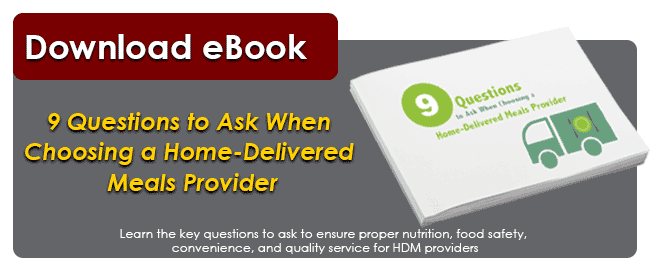Nutrition Care Can Reduce Hospital Admissions
Health care professionals are always looking for better ways to keep members out of the hospital and to reduce their length of stay. Yet, the role of nutrition remains poorly understood by providers, administrators, and payers. One of the leading causes for readmission to the hospital is malnutrition.
Nutrition plays an important role in healthcare in several ways:
- Malnutrition results in poor outcomes and increased costs among hospitalized patients.
- The total annual cost of disease-associated malnutrition in the United States is more than $147 billion.
- Nutrition interventions can alleviate a significant degree of burden of malnutrition in the hospital setting.
- Hospital admission rates show that the care for a hospitalized malnourished patient costs twice as much as the cost of a well-nourished one.
Screening for Malnutrition
Nutrition intervention, such as malnutrition screening, oral nutritional supplementation, and education for members and caregivers play a role in helping to speed the recovery process. Many transitional care plans are missing the important component of nutrition planning. Case managers can positively affect members and their families by providing member-focused nutrition care planning.
During 2014-2015, a study was conducted to determine if 30-day readmission rates and hospital length of stay can be reduced through a nutrition-focused quality improvement program. The results were impressive:
- The total cost-savings were $4.8 million from the 30-day readmissions and hospital stays associated with nutrition intervention.
- The net savings were $3,800 per patient treated for malnutrition.
Home-Delivered Meals
Referring your members to a home-delivered meal provider will help to ensure they will be eating nutritious meals. GA Foods does more than deliver meals. They can be a second set of eyes and ears for case managers and care coordinators. Field Service Representatives (FSRs) are trained to recognize potential issues when delivering meals to your members. If they identify any concerns, they contact the Customer Care Team with the information you need for follow-up. If it is an emergency situation, they will call 911 and make sure the Care Team contacts you immediately.
Home-delivered meals may already be a benefit on your members' health plan.












